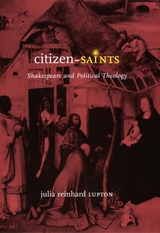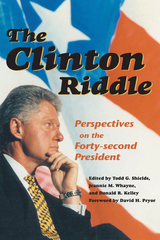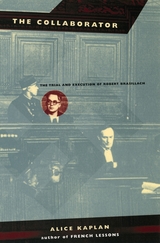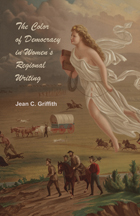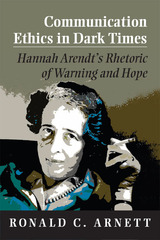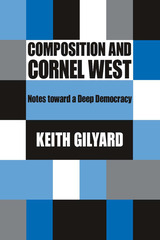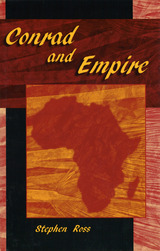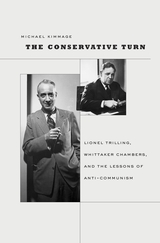Peasant Customs and Savage Myths: Selections from the British Folklorists
University of Chicago Press, 1969
Cloth: 978-0-226-15867-9
See other books on: Dorson, Richard M. | Folklore & Mythology | Selections | Social Science
See other titles from University of Chicago Press
Cloth: 978-0-226-15867-9
ABOUT THIS BOOK | TOC
ABOUT THIS BOOK
The word "folklore" was coined in 1846 by an English antiquary, William John Thoms, although Professor Dorson's intellectual history of the folklore movement shows that the study of folklore had its origins in an earlier period. Educated men and women in many fields, especially in Victorian times, succumbed to the fascination of noting curious tales and odd rituals both at home and abroad. The British Folklorists describes how the influence of folklore extended into many fields such as literature, history, the classics, archaeology, philology, psychical research, legal and medical antiquities, Scandinavian, Germanic, and Celtic studies, and the history of religions. Interest in the collection of folklore was carried to the far corners of the British Empire by colonial administrators, missionaries, and military officers, who found that a knowledge of local folklore helped them understand the strangers they lived among.
Professor Dorson traces the historical development of folklore as a field of learning, beginning with sixteenth-century antiquarians whose studies encompassed the preservation of local customs and reaching its climax with the "Great Team" of Andrew Lang and his co-workers from the 1870's to the First World War.
Professor Dorson traces the historical development of folklore as a field of learning, beginning with sixteenth-century antiquarians whose studies encompassed the preservation of local customs and reaching its climax with the "Great Team" of Andrew Lang and his co-workers from the 1870's to the First World War.
See other books on: Dorson, Richard M. | Folklore & Mythology | Selections | Social Science
See other titles from University of Chicago Press

